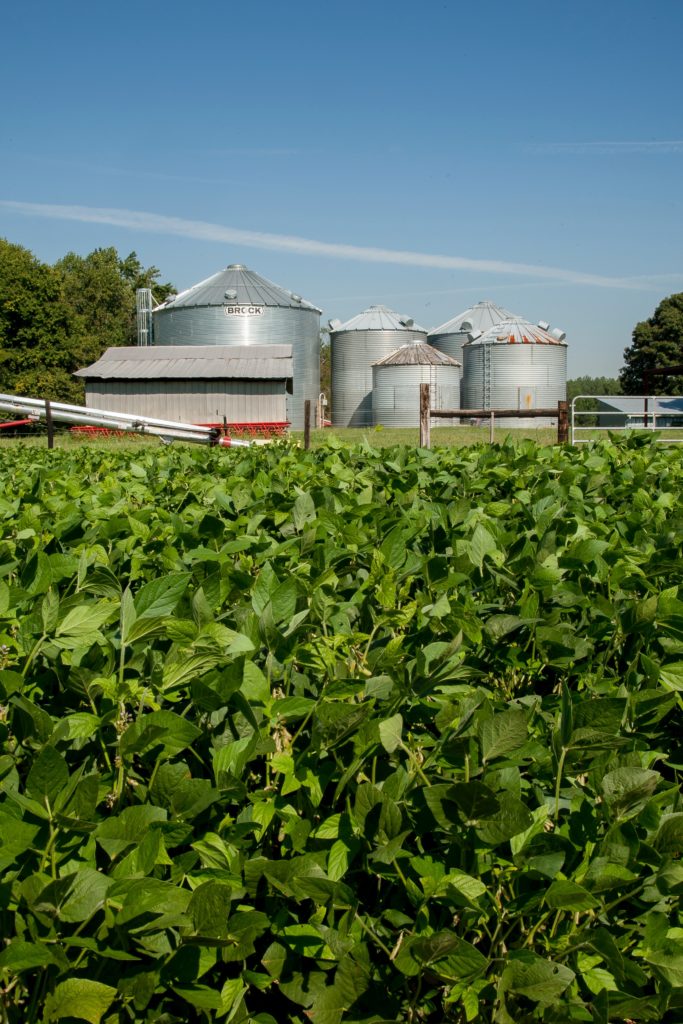Contact us to discuss your needs
The standard ISO 8573-1:2010 established by the International Organization for Standardization allows to classify air quality according to three parameters:
- The number of particles per m³
- The water vapour content, which can also be defined by the dew point per m³
- The oil vapor content per m³
The purpose of ISO 8573-1:2010 is to provide you with the right information about the different pollutants present in your air system.
These estimates will allow you to meet the air quality requirements while being as close as possible to your specifications.

Direct contact with "non-dry" foods (e.g. beverages, meats, vegetables, etc.) Compressed air is used for transportation or mixing, but also in the production of certain foods.
In a packaging machine, compressed air also comes into direct contact with the materials in which the food will be packaged.
For this type of application, the following air quality is recommended:
RTUD Particles= Class 1
RTUD Water = Class 2
RTUD Oil = Class 1
The globalization of product flows and the growth of consumer demands have made it essential to develop a common reference system for food quality and safety.
International Featured Standard is an auditing standard, created in 2003, that certifies private label food suppliers.
It is based on the ISO 9001 standard and the HACCP system.
It is similar to the ISO 22000 standard which deals with food safety management.
The IFS (International Food Standard) was created in order to pool the requirements of the various distributor audits previously carried out separately. The International Food Standard is a unique and internationally recognized standard that applies to all stages of food processing. As a supplier of private labels and premium products, IFS certification will guarantee recognition by your customers.
The standard identifies the food safety, quality and operational criteria required within a food manufacturing company.
It does not apply to food products that are not subject to any process at the audited site or to activities related to wholesale, import, distribution or storage that are not under the direct control of the company.
This standard is recognized by the Global Food Safety Initiative (GFSI). This standard is based on the HACCP, the Hazard Analysis Critical Control Point
The HACCP corresponds to the analysis of the dangers - critical point of their control. It is above all a method, or working tools that identifies, evaluates and controls the significant hazards for the consumer that may occur during the production of a food product. HACCP analysis focuses on three classes of food safety hazards:
RTUD Biological hazards (viruses, bacteria...)
RTUD Chemical and allergenic hazards (pesticides, additives...)
RTUD Physical hazards (wood, glass...)
In conclusion, being IFS and/or BRC certified, guarantees that the certified company has set up a system that takes into account the food risk and implements the necessary actions to neutralize it, and that its main objectives are the safety and satisfaction of the consumer.